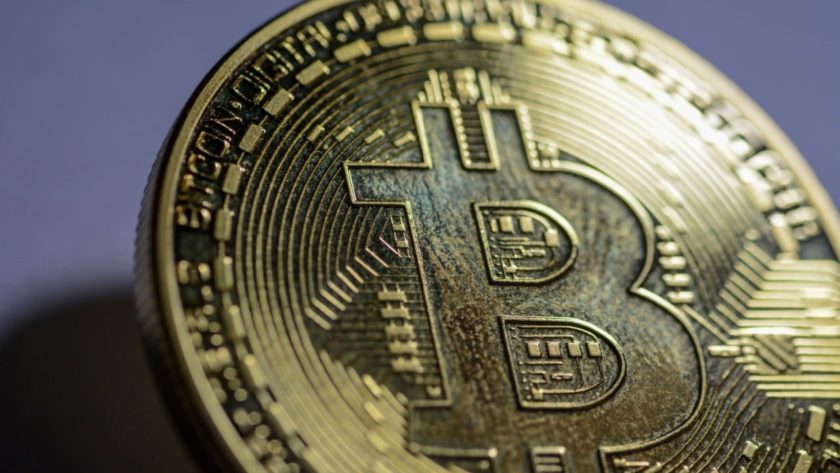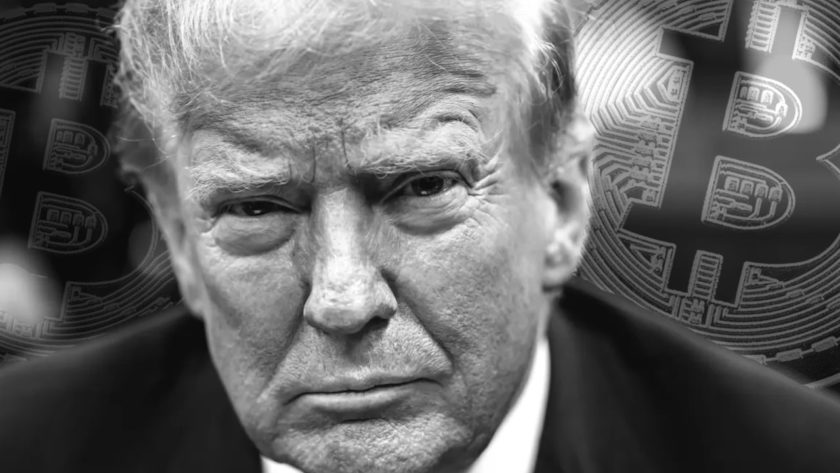- U.S. crude futures approached 52-week lows on Tuesday, falling 3.4% to $49.69 a barrel.
- Brent crude, the international futures benchmark, declined 2.5% to $54.89 a barrel.
- The International Energy Agency has downgraded its demand forecast for crude due to the coronavirus outbreak.
Crude oil resumed its plunge on Tuesday after the International Energy Agency (IEA) trimmed its forecast for oil demand growth, citing ongoing coronavirus risks to global supply chains.
Crude Oil Slides
The West Texas Intermediate (WTI) benchmark for U.S. crude futures fell 3.4% to $49.69 a barrel on the New York Mercantile Exchange. The contract came within 19 cents of 52-week lows.
Brent crude, the international futures benchmark, fell 2.5% to $54.89 a barrel on London’s ICE futures exchange.
Crude prices are down more than 20% from their most recent highs set in January, meeting the technical definition of a bear market.
IEA Issues Dire Warning
The International Energy Agency has warned that the Wuhan coronavirus outbreak could send oil prices sliding even further as global demand wanes.
In an interview with Reuters, IEA executive director Fatih Birol said:
We certainly see the lowest oil demand growth in the last 10 years and we may need to revise it …downwards.
Demand is expected to fall by 435,000 barrels per day in the first quarter, marking the first quarterly decline since the financial crisis. For all of 2020, the IEA said global demand will grow by 825,000 barrels per day, down 365,000 from previous forecasts.
In addition to the IEA’s forecast, the World Economic Forum cited falling oil demand as one of the biggest economic effects of the coronavirus outbreak.
Economists polled by Reuters earlier this month said they expect China’s economy to grow just 4.5% in the first quarter, down from 6% in the final three months of 2019. That would mark the slowest pace of expansion since the financial crisis.
Despite the downward pressure on oil prices, the black commodity tends to rebound after viral outbreaks, according to the president of the American Petroleum Institute (API).
In an interview with CNBC, API President and CEO Mike Sommers said:
… we also look at the history of such viruses so if you go back and look at the SARS virus that was really a couple of quarters that were affected and oil prices rebounded after SARS epidemic receded.
Sommers said he expects a similar bounce as the threat of coronavirus weakens over time.
The flu-like disease has infected 80,400 people in over 30 countries and territories, according to official figures. The death toll has reached 2,708, with the vast majority concentrated in Hubei mainland China.
This article was edited by Josiah Wilmoth.




